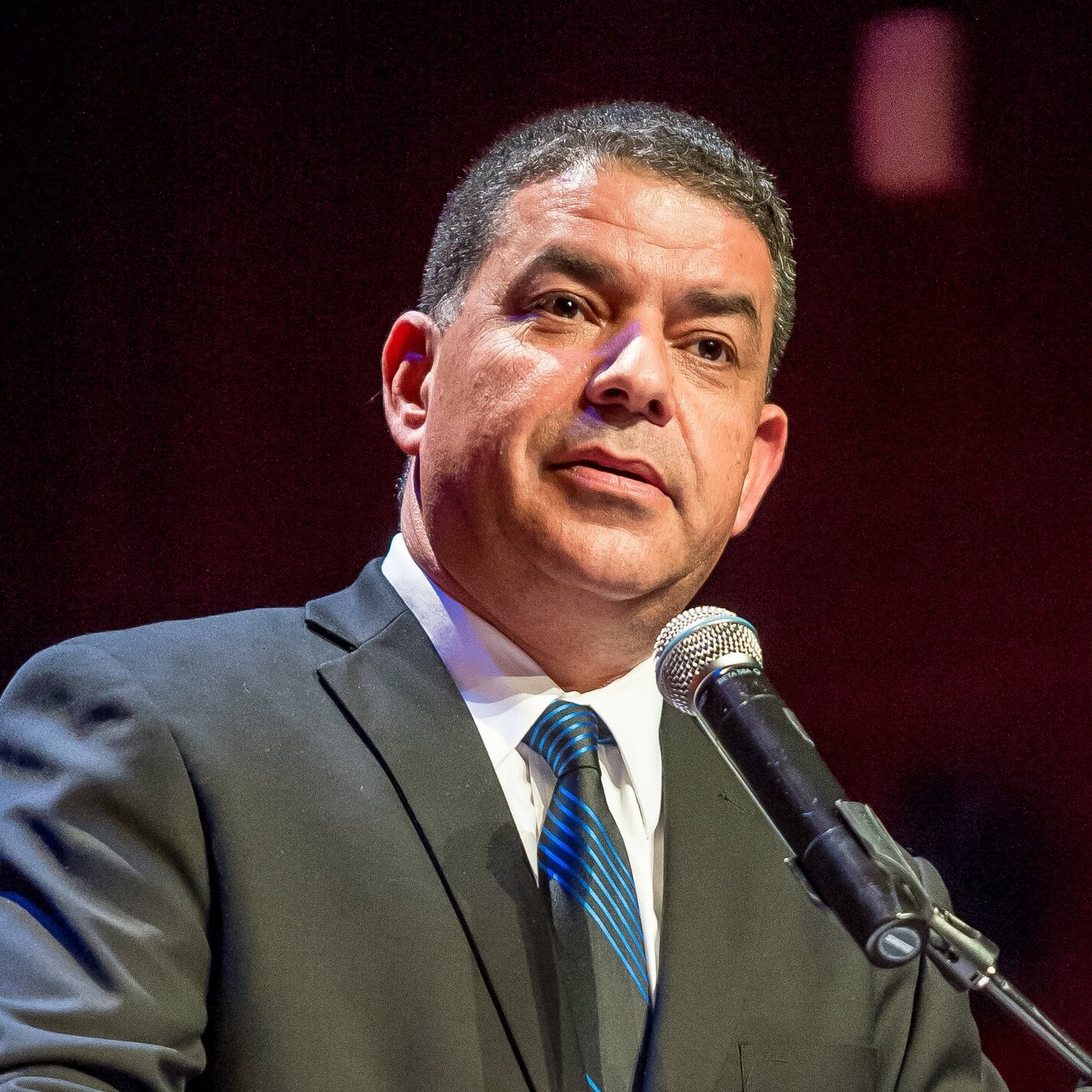By Yaakov Lappin & Chuck Freilich
As tensions mount on the Israeli-Lebanese border, the role of Lebanon's official military must not be overlooked. Defining an Israeli perspective of the Lebanese Armed Forces (LAF) is more complex than meets the eye. On the one hand, as can be seen from current events, Hezbollah's growing domination of Lebanon's official military is a source of deep concern. On the other, the Israel Defense Forces (IDF) maintains regular open channels of communication and coordination with the LAF, which are used to help stabilize the Lebanese – Israeli border area during sensitive times.
Officers from the IDF's International Cooperation Unit (ICU) meet with counterparts from the LAF every few weeks, at the headquarters of the United Nations Interim Force in Lebanon (UNIFIL), which hosts the encounters in the Lebanese town of Naqoura.
The meetings have been successful in their goal of avoiding unintended incidents and border friction, as Operation Northern Shield (December 2018 to January 2019), which was launched to destroy a series of cross-border Hezbollah attack tunnels, has demonstrated.
At such meetings, the military delegations display English-language presentations to one another, outlining their requirements and outstanding issues. According to former ICU head Brig. Gen. Erez Maisel, "On some days, they [the LAF] would describe us as the Enemy Defense Force. Now they just write 'Israeli Force.'"
The LAF has raised 13 "areas of contention" with the IDF that touch on the exact location of the Blue Line. At least one of those areas was resolved through military-to-military dialogue, when the IDF offered a solution accepted by the LAF.
At the same time, IDF commanders have expressed concern over the increasingly cooperative relationship between the LAF and Hezbollah. The LAF does not prevent Hezbollah from entering into any area it pleases and it has a protocol through which its units do not enter southern Lebanese villages without gaining prior Hezbollah approval, which makes sure to remove any incriminating evidence.
In some cases, Hezbollah personnel wear LAF uniforms and the two even enter villages for joint patrols, which of course allows Hezbollah to prevent any attempts to truly uncover its illegal presence and reimpose Lebanese sovereignty. The cross-border Hezbollah tunnels, which Israel discovered and destroyed last year, were dug under the nose of the LAF. Hezbollah has shown off captured US military equipment, which could only have come from US aid to the LAF.
All of this has helped Hezbollah to circumvent UN Security Council Resolution 1701, which bans it from deploying armed units and weapons into southern Lebanon. The resolution sought to ensure that the LAF would be the sole military force in the region, but Hezbollah has succeeded in subverting it to give it cover for its armed presence. In fact, most villages in southern Lebanon have become bases for Hezbollah rockets and other armed positions, in many cases almost every home.
What remains unclear is how different components within the LAF view their military's relationship with Hezbollah.
The possibility of internal divisions appears tangible. The LAF is formally dedicated to the Lebanese state, while Hezbollah is an Iranian-sponsored Shi'ite fighting force that views the Lebanese state, ultimately, as a host to be exploited. This long-standing clash of interests within Lebanon came to the fore once again during the Coronavirus crisis, which further magnified the country's catastrophic economic troubles.
Hezbollah’s presence has not been conducive to efforts by Lebanon to secure an IMF loan, with the organization's chief, Hassan Nasrallah setting conditions for receiving the loans, and warning that a failure to adhere to them could "make the country explode." Nasrallah's fear is that the IMF's conditions for granting the loan could obstruct Hezbollah's ability to exploit Lebanon's banking system.
For years the US has poured billions into the LAF, over $2 billion since 2005 alone, viewing it as the only force in Lebanon that might prove capable of countering Iranian influence. In addition, the U.S. says that the financial assistance has enabled the LAF to successfully repress ISIS on Lebanon's border with Syria.
In practice, Hezbollah has long held de facto control over the LAF, which does not make decisions of consequence without its approval. Indeed, in recent years, Hezbollah has come to dominate the government of Lebanon - in reality it is the government - and is also the primary socio economic force in the country.
The Trump administration, despite its policy of “maximum pressure” towards Iran, recently released $105 million in aid to Lebanon. In Congress, in contrast, pressure is growing to condition at least 20% of the aid to the LAF on a reduction in Hezbollah’s influence over it.
The LAF could, in theory, fill in a vacuum left in southern Lebanon in the aftermath of a new Israel – Hezbollah war, thereby enabling the IDF to quickly withdraw after a future conflict. This has already been done in the past, and was the intent behind Resolution 1701. Hezbollah’s stranglehold over the LAF and Lebanon, as a whole, however, have proven too strong, but there are few better alternatives.
For decades, Iran’s Hezbollah proxy has hollowed out the Lebanese state, including the LAF, creating a situation in which it becomes hard to apply leverage, because no one appears to really be in charge and all options are bad. Aid to the LAF has almost become a form of indirect assistance to Hezbollah itself, but to cut it off completely would only strengthen Hezbollah further.
In these circumstances, the Congressional legislation conditioning part of the aid to the LAF on a reduction in Hezbollah’s influence, appears to be a first step in the right direction. Lebanon does need a jolt. Growing pressure must also be brought on France and others to join the US and, more recently, Britain and Germany, in formally designating Hezbollah as a terrorist organization. Growing pressure must also be applied on Hezbollah’s financial channels.
Israel, for its part, should continue its efforts to document and expose Hezbollah’s takeover of Lebanon and especially the deployment of its forces in the south, in violation of Resolution 1701, as well as the ongoing precision guided missile program.
For all of the criticism of Israel’s hasbara (public diplomacy), its previous efforts in this area bore fruit and can do so again.
Yaakov Lappin is an Israel-based military affairs correspondent and analyst. He provides insight and analysis for a number of media outlets, including Jane's Defense Weekly, a leading global military affairs magazine, and JNS.org, a news agency with wide distribution among Jewish communities in the U.S.
Professor Chuck Freilich, serves as Adjunct Associate Professor of Political Science, Dept of Political Science at Columbia University. He is a former deputy national security adviser in Israel and long-time senior fellow at Harvard's Belfer Center, has taught political science at Harvard, Columbia, NYU and Tel Aviv University.


















